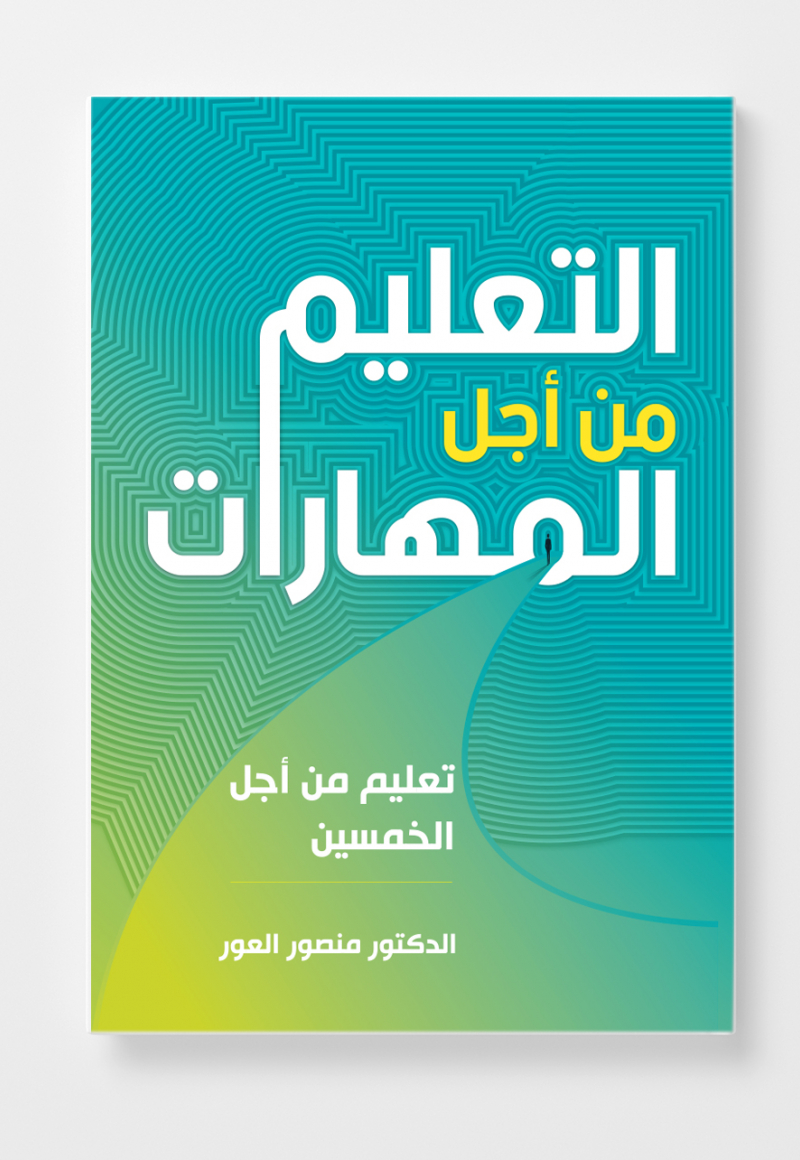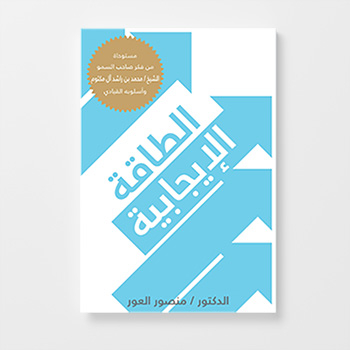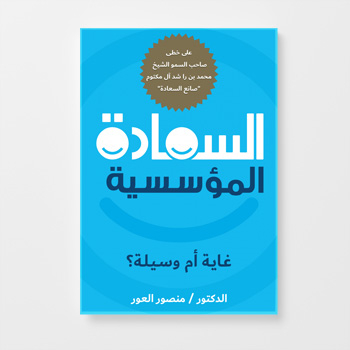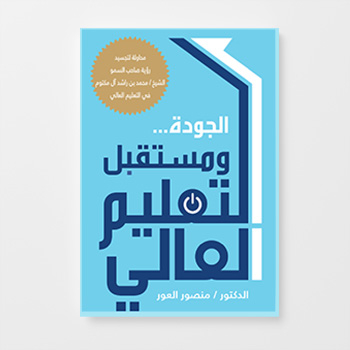
To celebrate the 50th anniversary of the founding of our homeland, The United Arab Emirates, considered a starting point for the next fifty years, all officials had to develop their perceptions through which a quantum leap could be achieved in various vital fields such as health, education, and security over the coming years. From this standpoint, I began to ask myself, how can we achieve a quantum leap in the field of education?
I soon found the answer in an idea I had for quite some time. This idea is how to give impetus to the educational process in higher education institutions, one of which I have the honor to head, which is Hamdan Bin Mohammed Smart University.
This idea came to me in 2006 when I read for the first time the book "My Vision: Challenges in the Race for Excellence" by His Highness Sheikh / Mohammed bin Rashid Al Maktoum, Vice President, Prime Minister and Ruler of Dubai, when His Highness presented his vision in education, where he linked knowledge and skills on page 203, saying, “Success in this race requires preparing generations that believe in their Lord, then are aware of their national obligations, and are qualified at the global level in various disciplines and contemporary human knowledge, through the development of education and the upgrading of teachers’ skills.”
In this study, we have dealt with the subject of specialized skills through four main chapters. In the first chapter, under the title “What is education,” we reviewed the position of two of the largest and most famous international dictionaries regarding the definition of education, namely the Oxford Dictionary and the American Heritage Dictionary. That is the extent of the link between knowledge and skills, with an indication of who is responsible for teaching skills.
In the second chapter, under the title “The Effects of the Absence of Skills,” we presented the effects that could result from the absence of specialized skills despite the availability of knowledge, and the extent to which government and private sector institutions are affected, and how this affects the launch of small and medium enterprises.
The third chapter, under the title “Teaching Skills”, discusses the optimal method for applying the educational model of driving schools to higher education institutions in teaching specialized skills, and the type of relationship between knowledge and experience that can only be achieved through skill and practice, then we explained in detail how institutions of higher education can begin to teach specialized skills in the form of practical steps that are taken systematically.
As for the fourth chapter, it deals with the “Al-Awar Index for Education for Skills,” which consists of 20 questions that can be answered by evaluating the education system in a higher education institution and indicating its ability to build specialized skills, in addition to specialized knowledge.


